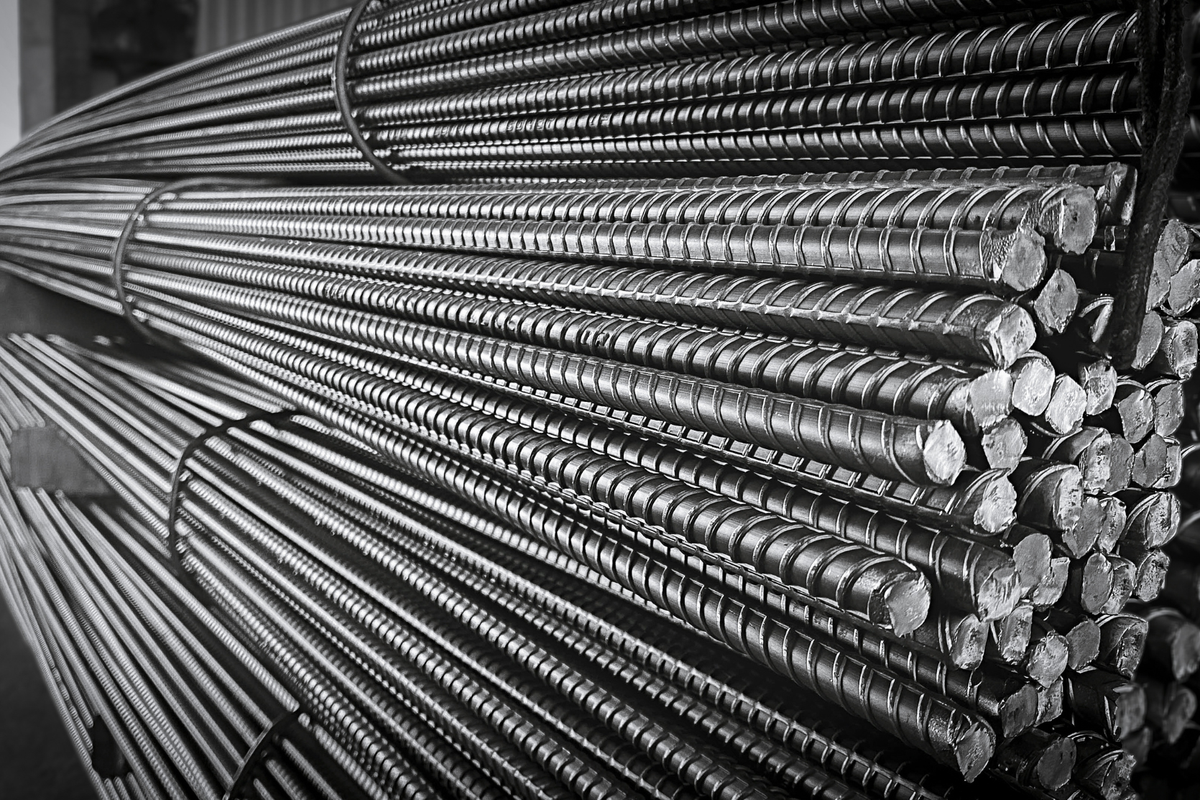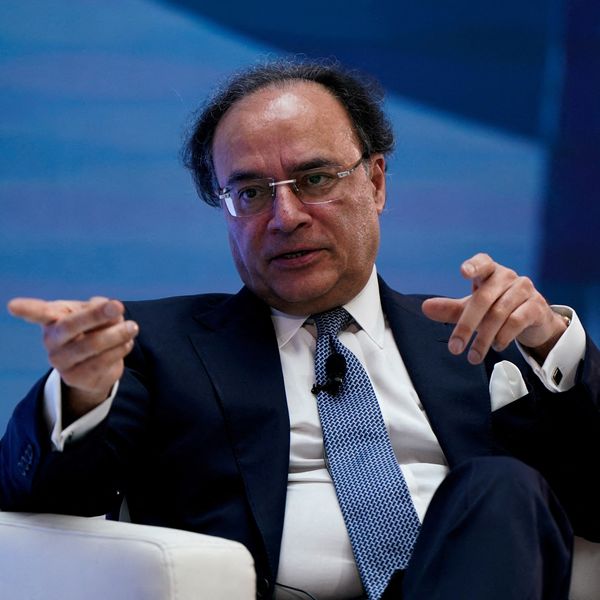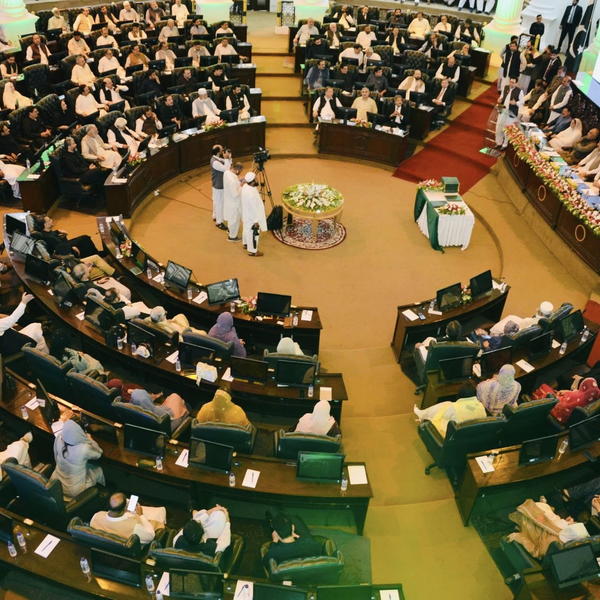Pakistan steel sector seen rebounding on post-flood demand, tariff cuts
Brokerage says reconstruction, infrastructure push, lower duties and tariffs may drive gradual recovery from FY26

Haris Zamir
Business Editor
Experience of almost 33 years where started the journey of financial journalism from Business Recorder in 1992. From 2006 onwards attached with Television Media worked at Sun Tv, Dawn Tv, Geo Tv and Dunya Tv. During the period also worked as a stringer for Bloomberg for seven years and Dow Jones for five years. Also wrote articles for several highly acclaimed periodicals like the Newsline, Pakistan Gulf Economist and Money Matters (The News publications)

Pakistan’s steel sector is expected to recover in the current fiscal year, with demand likely to pick up as reconstruction activities begin after recent floods in several parts of the country, according to a report by Taurus Securities.
The brokerage said the devastation caused by floods could spur substantial rebuilding, particularly in rural areas of Punjab and Sindh. The government is also expected to accelerate infrastructure projects such as dams and reservoirs.
Unlike in FY23, when floods failed to translate into higher demand for construction materials due to weak macroeconomic conditions, this year’s recovery is seen as more sustainable. Local cement sales had dropped 16% year-on-year in FY23, while long-steel volumes also declined. “We believe one of the reasons was Pakistan’s relatively poor macroeconomic situation back then,” Taurus noted.
The long-steel sector has suffered from demand contraction and margin pressure in recent years, underperforming on the stock exchange. However, Taurus anticipates some respite and a gradual rebound beginning FY26.
Government support measures
The federal budget for FY26 included significant cuts in duties on raw materials such as steel scrap and semi-finished products, providing relief to the sector. The government also announced PKR 5 billion each in low-cost housing schemes and mark-up subsidies to stimulate construction, alongside tax credits on mortgage payments.
The construction industry has been under strain from high interest rates, surging inflation, heavy taxation, and political instability. However, the government has allocated PKR 4.2 trillion under the Public Sector Development Program (PSDP) for FY26, with substantial funding for infrastructure projects.
Lower electricity tariffs and reduced finance costs, owing to a cut in the State Bank of Pakistan’s policy rate, are also expected to support the industry.
Trade protection and tariff policy
Since FY17, Pakistan has imposed significant anti-dumping duties on finished steel products such as rebar and wire rods. These duties were extended in FY22 for another five years, until FY27, in a bid to protect domestic players. Effective tariff protection rates rose to 123.11% in FY25, among the highest in the region, though they limited export potential.
Under the FY26 budget and the National Tariff Policy, the government plans to rationalize tariffs over the next five years, aiming to lower the effective protection rate to 50-60%. The move aligns with its strategy of promoting export-led growth over import substitution.
The sector is also expected to benefit from incentives such as competitive energy tariffs, which could strengthen margins in the long run.










Comments
See what people are discussing